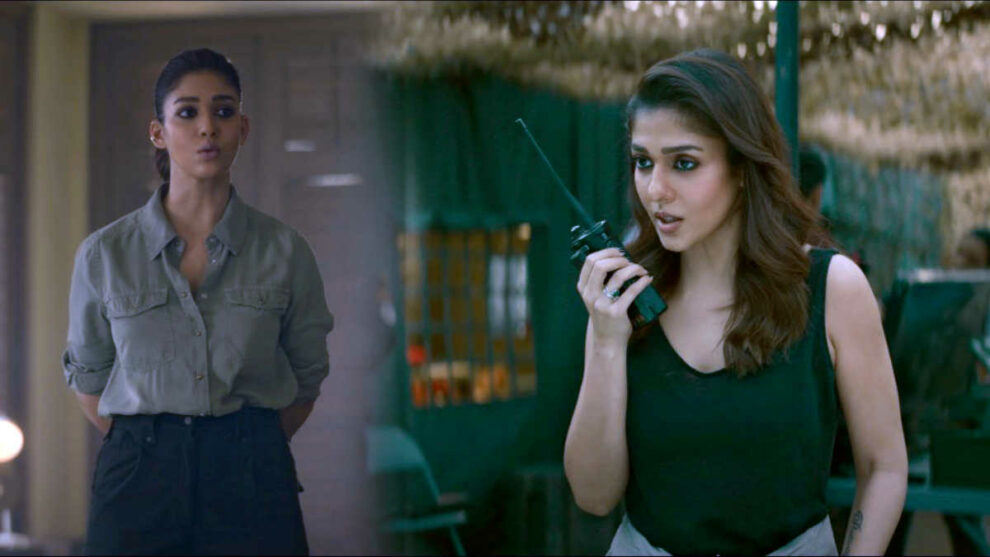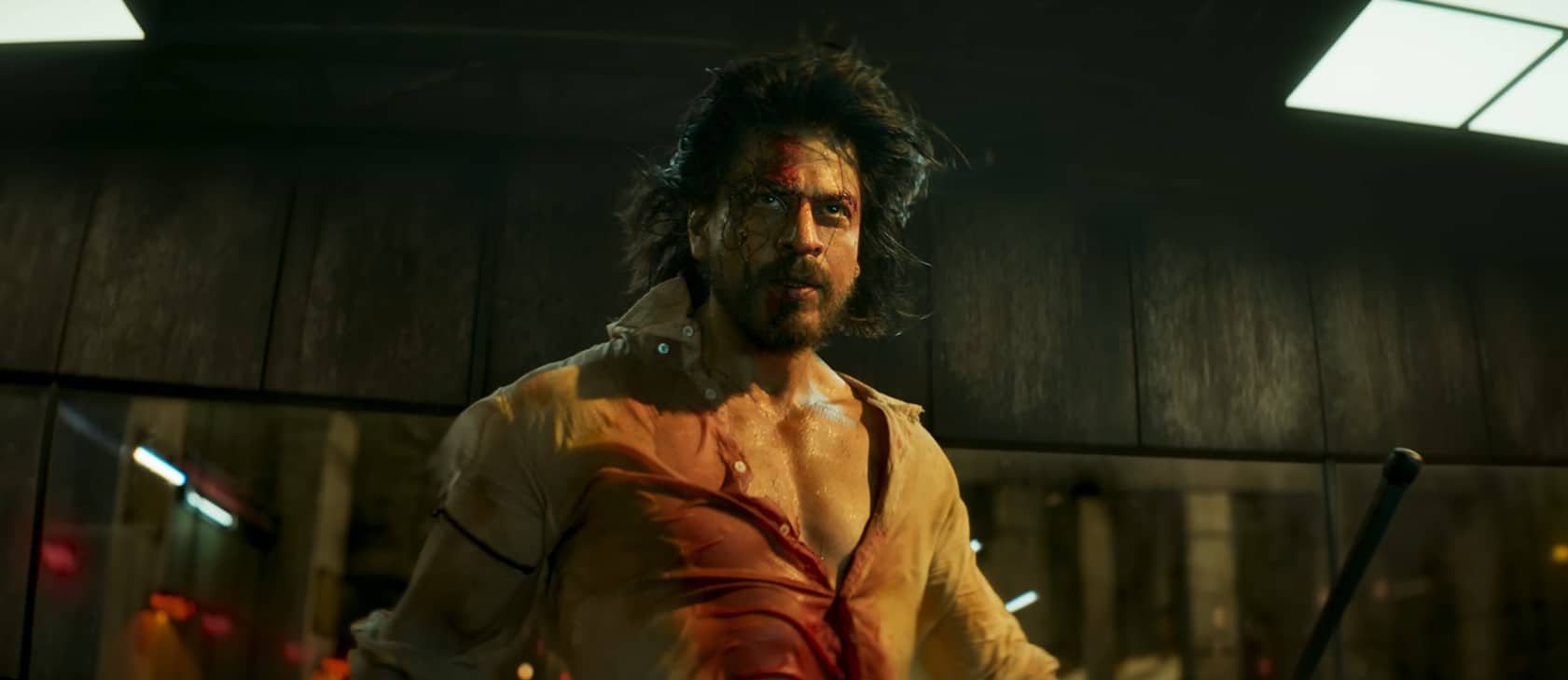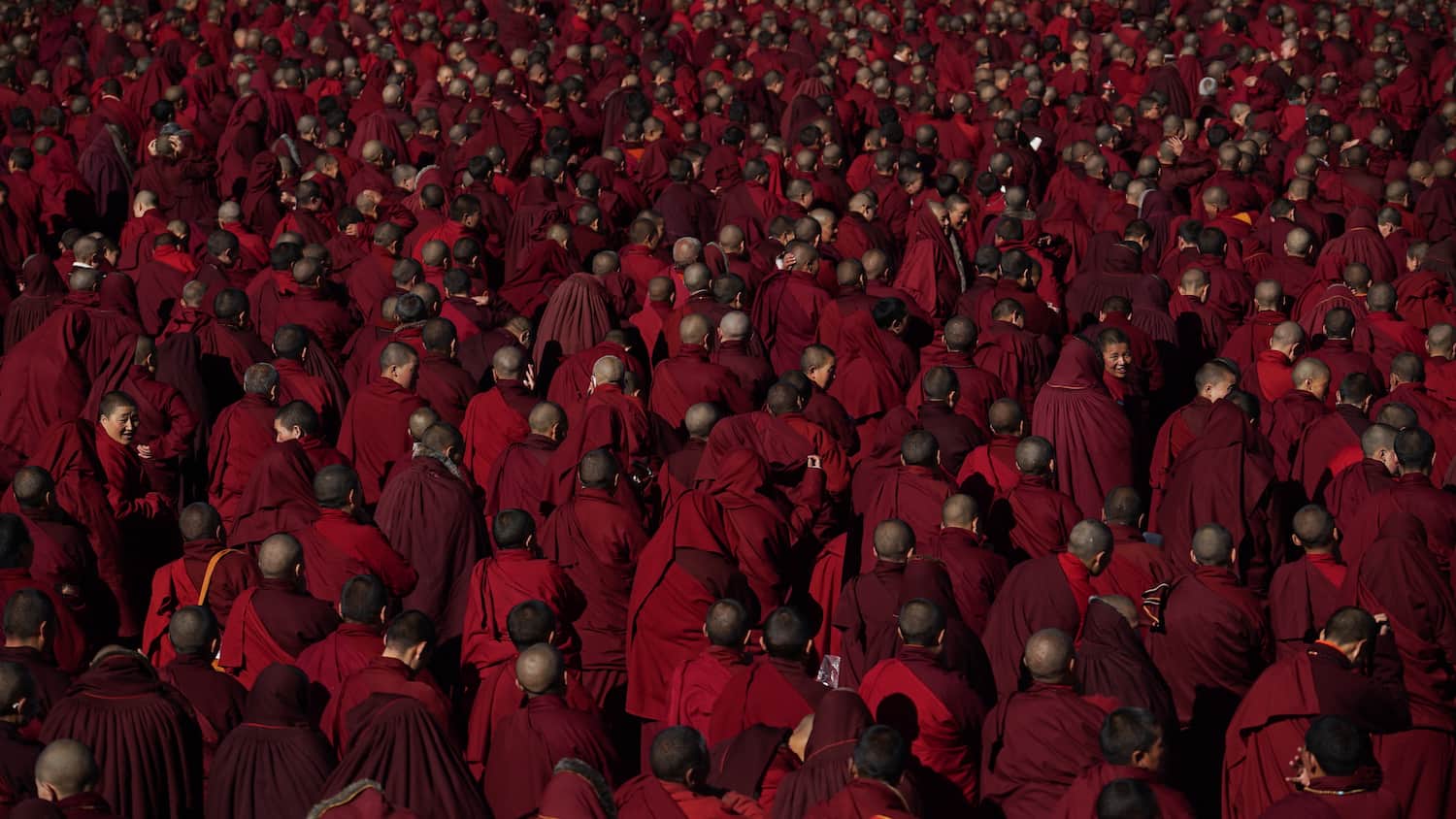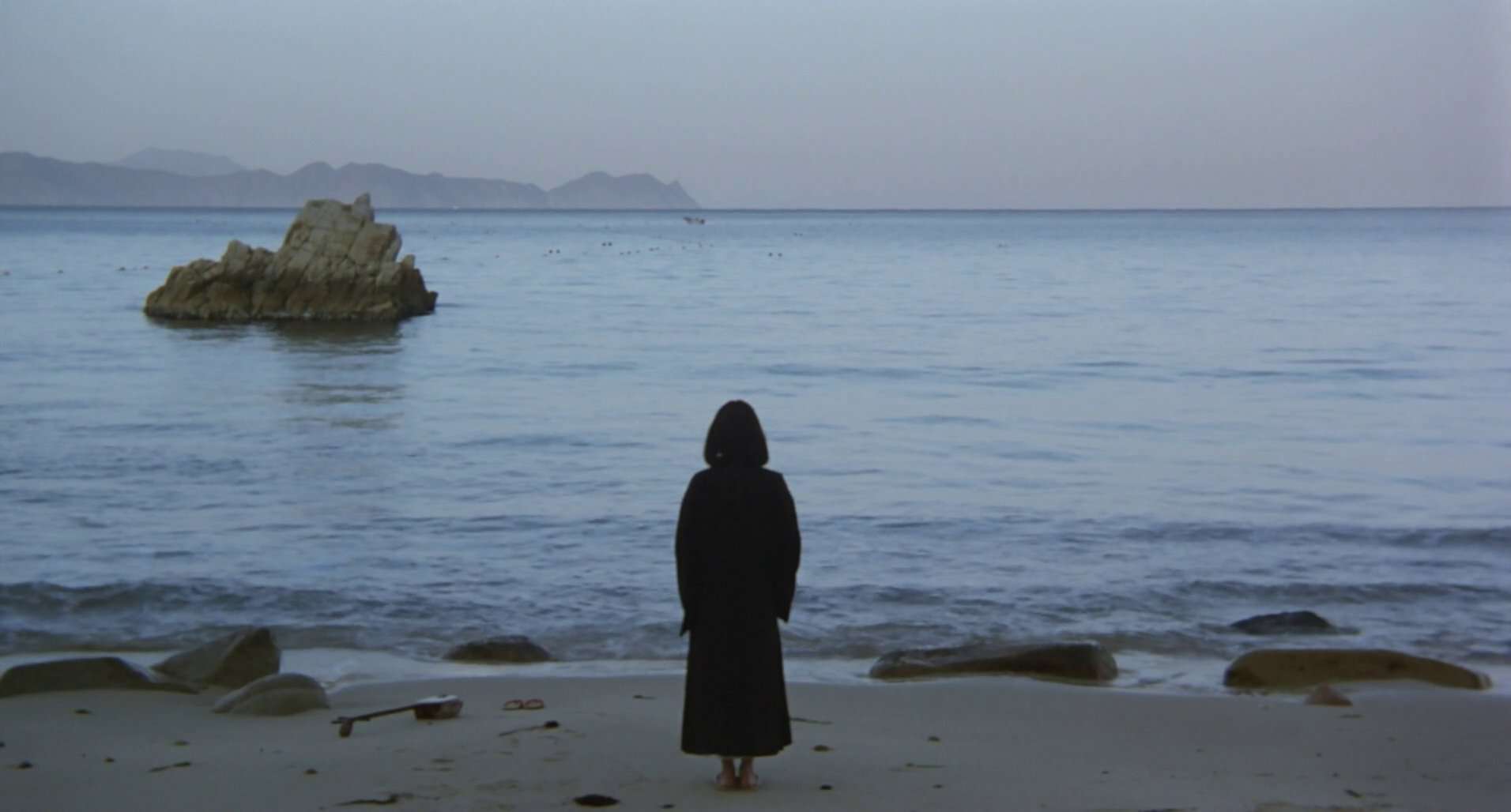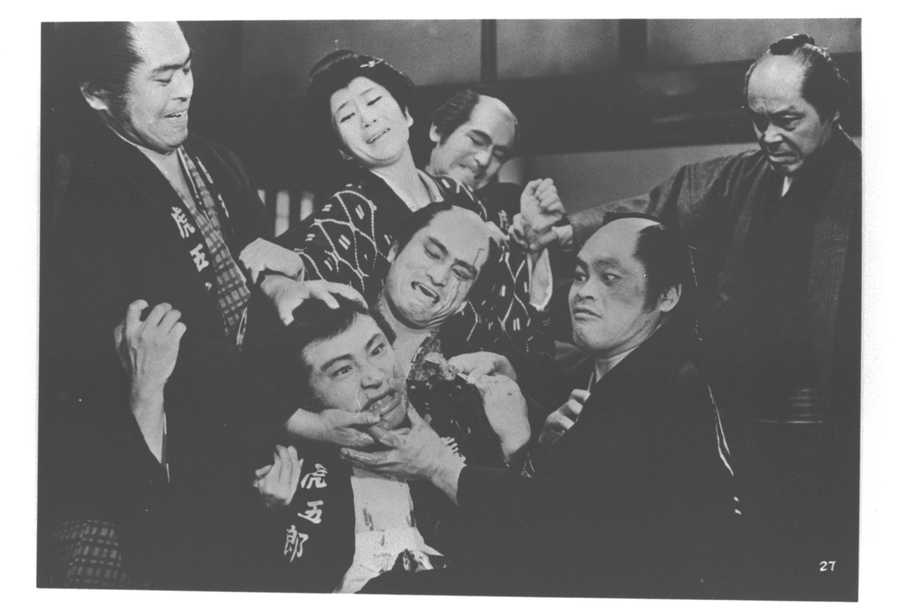by Abirbhab Maitra
“Jawan” has been in theatres for three weeks, and the film is breaking records daily. With mass-appealing action sequences, emotional character arcs, and the screen presence of Shah Rukh Khan like never before, Atlee has created a movie that is full of awe and can't be missed. With it, Shah Rukh Khan solidified his comeback as the heartthrob of people after his five-year hiatus from Bollywood. Critically, though, “Jawan” is deemed too far-fetched in terms of logic and lacks substantial content (though I can't entirely agree with it), as it is a compilation of Atlee's entire body of work, stitching together elements from different sources, both national and international. But it is odd to seek logic in a work like this, as it is meant to be a mass entertainer from the beginning, celebrating the persona of its protagonist, and director Atlee has accomplished this task with conviction.
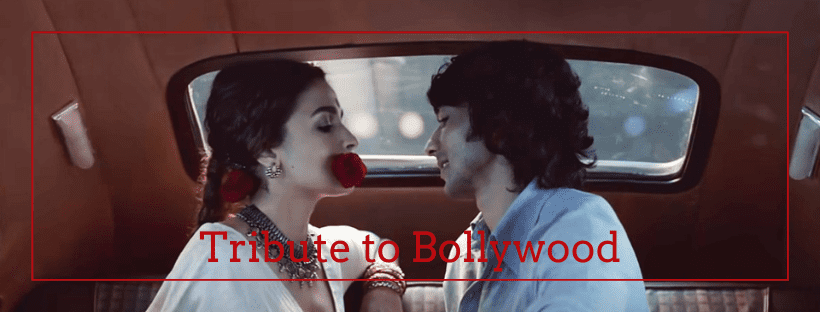
Despite all the buzz about the merits and demerits of the movie and how Shah Rukh Khan reasserts himself as the ‘Badshah of Bollywood,' the female characters and their social and political implications are largely missing from the media's gaze. Everyone is too busy celebrating the superstar persona of SRK, pushing everything else to the periphery. This is mainly due to the presentation of SRK from beginning to end of the movie in an entire new avatar, the spectators never imagined before. Atlee creates a myth around him and celebrates that in the entire film. To understand this creation of myth, we can discuss his introduction scene. In that particular scene, he comes to the rescue of the people in a mythical outfit, with his entire body wrapped in bandages that flow with the gushing of wind.
Although these moments are pleasing to witness in a crowded theatre with hooting and whistles, I would like to focus on the most interesting aspect of the movie, which is receiving less and less attention – the representation of women and its social and political implications.
The Reshaping of Gender Roles in Popular Cinema
The first noticeable thing in “Jawan” is the reshaping of gender roles in popular cinema. In the first metro hijack sequence, the team led by Azad consists entirely of women. Whether it's the tech-savvy Halena (Sanjeeta Banerjee), Laxmi (Priyamani), or Dr. Eeram (Sanya Malhotra), apart from SRK's Azad, they are all women. This is unique in Indian mainstream cinema, where women often serve men in their patriarchal roles, both right and wrong. While recent films by new-generation filmmakers like Anurag Kashyap (in “Gangs of Wasseypur” or “Manmarziyaan”) or Dibakar Banerjee (in “Sandeep Aur Pinky Faraar”) have attempted to subvert traditional gender roles, they often target a niche audience in urban locales with more liberal mindsets. However, films like “Jawan”, categorized as potboiler mass entertainers or masala movies, which target the tier 2 and tier 3 cities and primarily a single-screen audience, are far from putting this issues on screen. In this context, the film's approach to women characters is unique as it grants them independence in their choices.
Halena, the hacker who handles technical support for their mission, exudes modernity with her sleeveless t-shirt and sunglasses. Another character, Kalki, is a village girl, and in a flashback, we learn that her father was beaten and humiliated when he couldn't repay a loan to government officials, leading to his suicide. Even after his death, government officials continued to harass her and her mother. In a fit of rage, she killed a government official. Here, one can observe a departure from the popular narrative, where a messiah (who may or may not come from outside and often remains unaffected directly) is typically a macho male who comes to the rescue of the oppressed. In “Jawan”, Director Atlee deviates from this popular narrative and grants independence to his character, who directly confronts oppression firsthand, and she is a woman.
This applies not only to Azad's female team but also to other female characters. The prominent example of this ‘independence of choice' is the character Narmada Rao, played by Nayanthara. She is a hostage negotiator in the film, new to the popular narrative. Being cast opposite one of the biggest superstars in the country, this is quite idiosyncratic. She never succumbs to the aura of that stardom (which eventually has to be catered to for the film's success and is known from the beginning). Mainly in two scenes (apart from the action sequences), Nayanthara takes charge of the scene from start to end, where SRK has to underplay his part.
The first incident is her initial meeting with Azad, where she catches him and her daughter red-handedly fooling the school principal. Here, Azad is awkward and nervous, while Narmada readily shares her life story of how her previous lover abandoned her after she refused to abort her child. This again highlights the ‘independence of choice' as she chooses her child over her relationship. It also indicates a reversal of gender roles. In most popular Indian cinema, the hero is more confident and overt in pursuing the girl, while the girl is often awkward and susceptible to the hero's persuasion due to the realization of the hero's love or familial pressure. In the second instance, Narmada and Azad are standing on the roof on their wedding night, where Azad appears nervous while Narmada remains calm and composed. Sarcastically, she suggests that it would be nice if he did something romantic on their first night. This statement is bold as a request for romance from a guy known as the ‘king of romance' and solidifies and reshapes the role of Narmada in gender dynamics.
Unfortunately, all of this diminishes once the hero's past is revealed in the second half, and the motivation for his deeds is cemented with the introduction of a plot involving personal revenge against a powerful villain. The second half celebrates machismo and swagger, relegating the women to needing rescue or becoming irrelevant. Nevertheless, writer-director Atlee's attempt to reshape stereotypes around women's roles in popular cinema should be lauded.
Women as the Symbol of National Integrity in “Jawan”
In “Jawan”, director Atlee not only attempts to reshape gender roles but also uses women as symbols of national integrity and sentiment. For example, if we closely observe the train hijack scene, Azad shoots a woman in a burqa to tell the authorities that he doesn't want any nonsense. While this may seem Islamophobic at first glance, the film later reveals that Azad employs a tactic to convey his message, thereby satirizing the entire Islamophobic narrative.
Furthermore, regarding national integration, Atlee consistently portrays individuals who often feel marginalized due to ethnicity or religion. The film's opening sequence is set against the backdrop of a North Eastern village, where the conflict between mercenaries and local villagers takes center stage. The mercenaries wear uniforms, symbolizing the ongoing conflict between local authorities and different tribes in the North East region of India. It's worth noting that Vikram Rathore, an army veteran, rescues the villagers as outsiders, signifying that North Eastern people are not excluded from the broader concept of ‘unity in diversity.' However, as I attempt to draw parallels between women and national identity, I'd like to draw the reader's attention to certain aspects of this sequence. A woman and her son rescue Vikram Rathore. The film showcases women being slaughtered by the mercenaries, and their screams eventually awaken Rathore.
Additionally, the film portrays a goddess, whom an older man seeks refuge in the face of imminent danger. So, the rescue of the villagers unfolds as a series of events in which women play a crucial role. While it may seem far-fetched to draw this analogy of women as symbols of national integration in this sequence, the aforementioned aspects hold significance and can be interpreted as a subtle political commentary.
Check also this interview
Women as the Symbol of National Sentiment in “Jawan”
As women are portrayed as symbols of national integrity in “Jawan”, someone can also argue that they symbolize national sentiment.
Setting aside the jargon, Jawan is a film that explores the familiar trope of detachment and reconciliation with family. Throughout the decades, popular Hindi movies have been associated with this trope, and Jawan employs it with a twist. In “Jawan”, Azad's father and mother both fall victim to false accusations of being traitors to the country when Vikram Rathore exposes Kalee, a weapons dealer, for supplying malfunctioning weapons to the army. It is evident that Kalee personally kidnaps Vikram Rathore, tortures him, and leaves him for dead. However, Kalee leaves Azad's mother, Aishwariya, to the mercy of the state for her hanging and to face the consequences of the accusation.
Vikram Rathore represents the country's valor, courage, and pride as an army man. He illustrates these national sentiments, and to take over them (as later, we come to know, he opts to control every aspect of the country, from Medicare to banking to government), Kalee has to destroy them first. Thus, he confronts Rathore head-on and kidnaps, tortures, and ultimately leaves him to die. On the other hand, Aishwariya, a feminine character, symbolizes care, tolerance, and tenderness in the broader spectrum of national sentiment. Her fate is left to the state for judicial punishment, representing a possible tolerance of injustice, where the personal intertwines with the national. Additionally, Aishwariya gives birth to Azad in jail, teaching him to love and care for women. Also, on the day of her hanging, she asks him to make a promise to her that he will get justice for everyone who is oppressed, illtreated and wrongfully accused like her. As I mentioned earlier that Aiswariya (to extent women) in this movie symbolizes the national values of care, tenderness and tolerance. So, her final words to her son is an appeal to get justice for the nation by punishing the people who demean these national sentiments.
Conclusion
In one word, “Jawan” is an entertainer. With its action-packed sequences and Shah Rukh Khan's charisma, the film provides an adrenaline rush and is meant to be a blockbuster. However, amidst all the star worship and high-octane action, director Atlee subtly incorporates political and social implicit meanings. While celebrating the entertainment aspect, we should also delve into these aspects and appreciate the filmmaker's work beyond evoking justly celebratory emotions.


